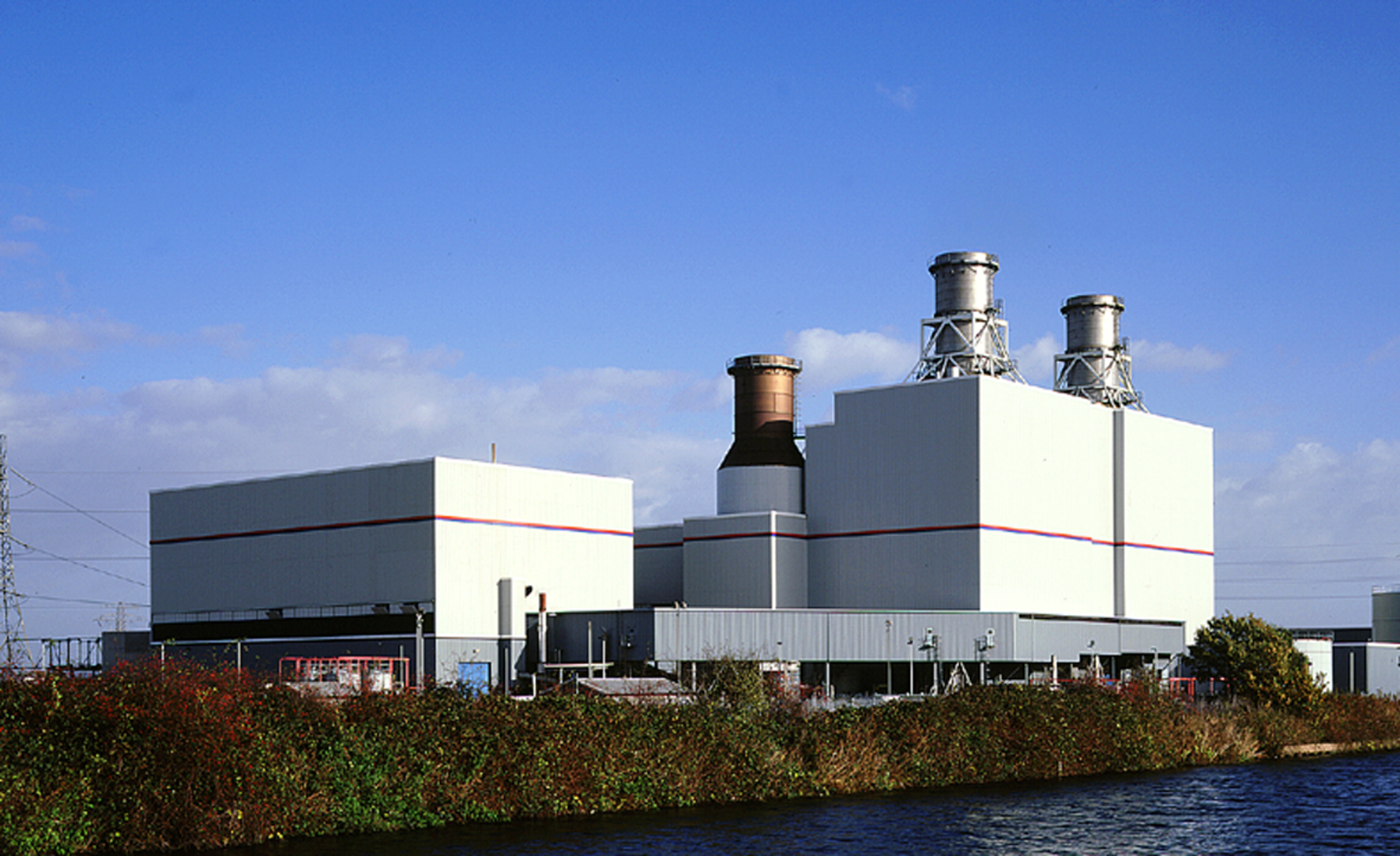Innovative generation projects on opposite sides of Britain have this week received planning approval, speeding innovation in the nation’s dispersal and deployment of practical clean energy at huge quantity.
On Humberside, SSE Thermal and Equinor’s Keadby 3 Carbon Capture power station has become the nation’s first power CCS project to receive planning permission.
Acting on the Planning Inspectorate’s recommendation, D-BEIS secretary of state Grant Shapps on Wednesday granted Keadby 3 its development consent order, following external consultation.
Rated after commissioning at 910MW, Keadby 3 is earmarked to grab and store 1.5 million tonnes of CO2 a year. That’s a minimum 5 per cent of the UK government’s target to be achieved by 2030.
Low-carbon amps could be flowing as early as 2027, assuming success in the Whitehall’s cluster sequencing process for CCUS leads to a green light from financiers.
The North Lincolnshire plant is now at the due diligence stage of D-BEIS’s Cluster Sequencing Process. Government subsidy is the prize, allowing the venture’s Scottish & Norwegian backers to deploy cutting edge carbon capture technology.
Plumbing into Humberside’s shared CO2 and hydrogen pipelines is the goal, part of interlinked proposals envisioned in the Zero Carbon Humber and East Coast Cluster plans.
A contract for Keadby 3’s initial engineering design has been awarded to a consortium of Aker Solutions, Siemens Energy and Altrad Babcock. A unit of the first is sharpening engineering pencils over the best technology for carbon capture & storage. Keadby 3 will replace Keadby 1, pictured above.
Going beyond simple capture and storage, SSE Thermal and Equinor are also planning as Keadby 3’s neighbour one of the world’s first large-scale power stations run solely on hydrogen.
The pair’s CCUS power station at Peterhead, Scotland, will embrace similar technology.
Meanwhile in south Wales, SIMEC-Atlantis Energy’s colossal 230MW / 460MWh battery storage venture has received the go-ahead from Newport City, the firm confirmed to investors this morning.
Among Britain’s most ample amp accommodations, final finance terms for the venture are due to be decided before April.
A handily huge 230MW grid connection hub is the site’s jewel. The engineers see it as a springboard to international earnings made from converting the world’s coal incinerators for clean combustion.
Simec Atlantis is splitting Uksmouth’s conversion into two 110MW projects. The firm has been working on the complex project alongside partners Energy Optimisation Solutions and financiers Quinbrook Infrastructure Partners. The trio’s special purpose vehicle Uskmouth Energy Storage will own and operate the plant.
The conversion’s voyage through Welsh governmental processes has at times been storm-tossed. In October 2021, Simec-Atlantis accused the devolved administration in Cardiff of “putting at risk a project that will produce negative emissions, create hundreds of jobs and deliver hundreds of millions of pounds in investment”
“While SAE will not progress the Uskmouth Conversion Project”, the company clarifies on its website, “the need to repurpose coal fired stations has never been more important in order to reduce emissions, enhancing energy security, and reducing the waste being sent to landfill and polluting our oceans.




